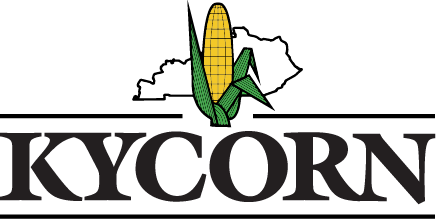The Atrazine Preliminary Interim Decision (PID) document published today in the federal register supports EPA’s commitment to use credible scientific research in setting a reasonable aquatic ecosystem Level of Concern (LOC) for atrazine. The interim decision is positive for growers who rely on the atrazine for weed control, according to the Triazine Network, a coalition of agricultural organizations that advocates for science-based regulatory decisions regarding the triazine herbicides including atrazine.
The PID corrects a recommendation made in the 2016 Ecological Risk Assessment to set the LOC at 3.6 parts per billion, an ultra-low level that would have banned the use of atrazine in much of farm country. The lower LOC was based on questionable research, including studies that had been turned down by EPA’s 2012 Science Advisory Panel (SAP). Relying on several points of information, including EPA’s SAP recommendations, the agency modified the LOC to 15 parts per billion over a 60-day average.
“This PID is good news for farmers across America,” said Missouri Corn Growers Association CEO Gary Marshall, who chairs the Triazine Network. “Through our diverse coalition of grower organizations, we met with EPA Administrator Wheeler and staff to provide specific details on why this product is tremendously important to farmers across the country, especially for weed control in conservation practices. From citrus to sorghum and corn to Christmas trees, farmers rely on the agency’s use of credible science to regulate the products that allow us to safely grow more with less for a hungry global population.”
Atrazine is a key herbicide that helps farmers control weeds that rob crops of water and nutrients and is especially important for conservation practices. Utilized for over 60 years, atrazine is the most researched herbicide in history and has a proven safety record.
“Simply put, atrazine helps farmers control weeds that rob field crops of nutrients, water, and sunlight,” Marshall said. “Over the years, farmers have dramatically reduced application rates of atrazine. Through farmer-funded research, we have learned how to efficiently and effectively use it to control weeds and to help implement conservation measures like no-till farming.”
The publication of the atrazine PID in the Federal Register opens a 60-day comment period that ends on March 2, 2020. Marshall said it is crucial for growers to submit comments supporting the atrazine preliminary interim decision, explain how they use atrazine, and why it is important to their farming operations.
“EPA made a move to use credible science in its interim decision,” noted Marshall. “That won’t please some well-funded special interest groups that have targeted atrazine for many years. This is why we need comments in support of this decision from growers who actually use atrazine, and who understand its safety and value to long-term conservation efforts.”
Approved for use 1958, atrazine has been extensively reviewed by EPA over the decades and across administrations. The current registration review process began in 2013.

